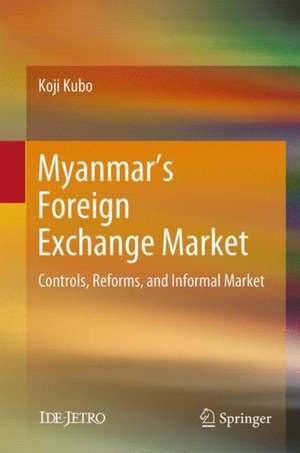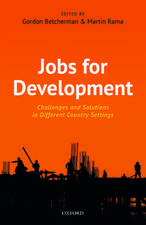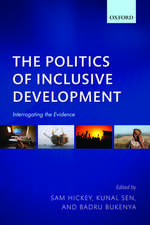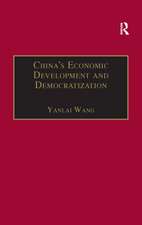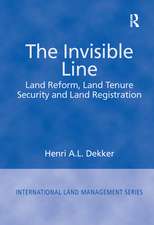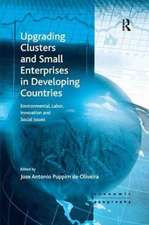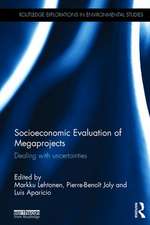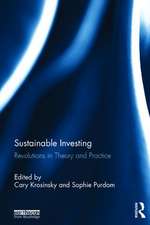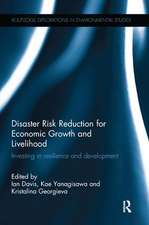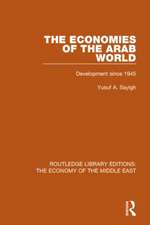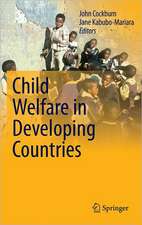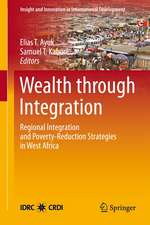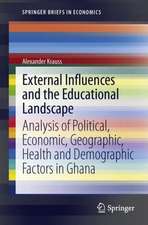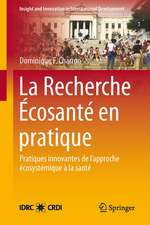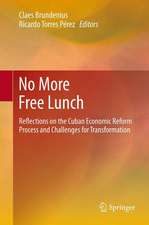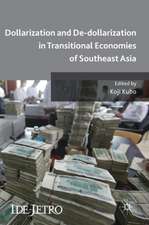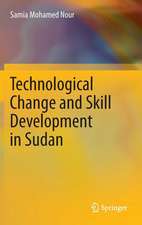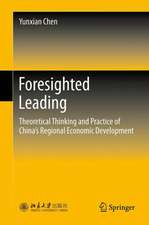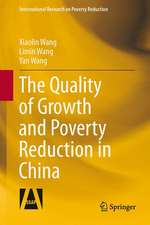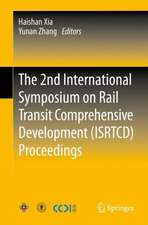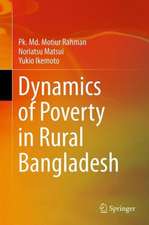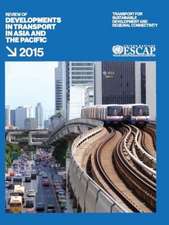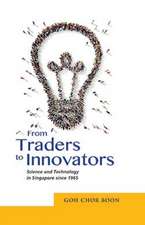Myanmar’s Foreign Exchange Market: Controls, Reforms, and Informal Market
Autor Koji Kuboen Limba Engleză Hardback – 10 oct 2018
| Toate formatele și edițiile | Preț | Express |
|---|---|---|
| Paperback (1) | 622.36 lei 6-8 săpt. | |
| Springer Nature Singapore – feb 2019 | 622.36 lei 6-8 săpt. | |
| Hardback (1) | 628.32 lei 6-8 săpt. | |
| Springer Nature Singapore – 10 oct 2018 | 628.32 lei 6-8 săpt. |
Preț: 628.32 lei
Preț vechi: 739.20 lei
-15% Nou
Puncte Express: 942
Preț estimativ în valută:
120.30€ • 125.27$ • 99.81£
120.30€ • 125.27$ • 99.81£
Carte tipărită la comandă
Livrare economică 14-28 februarie
Preluare comenzi: 021 569.72.76
Specificații
ISBN-13: 9789811317880
ISBN-10: 9811317887
Pagini: 110
Ilustrații: XVIII, 126 p. 20 illus. in color.
Dimensiuni: 155 x 235 mm
Greutate: 0.38 kg
Ediția:1st ed. 2018
Editura: Springer Nature Singapore
Colecția Springer
Locul publicării:Singapore, Singapore
ISBN-10: 9811317887
Pagini: 110
Ilustrații: XVIII, 126 p. 20 illus. in color.
Dimensiuni: 155 x 235 mm
Greutate: 0.38 kg
Ediția:1st ed. 2018
Editura: Springer Nature Singapore
Colecția Springer
Locul publicării:Singapore, Singapore
Cuprins
Chapter 1 Introductory Chapter: Myanmar's Foreign Exchange Market—Controls, Reforms, and Informal Market.- Chapter 2 Piecemeal Reforms in the 1990s and Forex Market Segmentation between State and Private Sectors.- Chapter 3 Unofficial Forex Market and Informal Economic Activities under Exchange Restrictions on the Private Sector.- Chapter 4 Import Controls, Natural Resource Booms, and Extraordinary Real Exchange Rate Appreciation in 2007–2011.- Chapter 5 Foreign Exchange Market Reform since 2011: Linkage between the Official and Unofficial Markets.- Chapter 6 Informal Currency Deals and New Official Customer Dealing: Who Chooses Which?.- Chapter 7 Concluding Chapter: Prospects for Modernizing the Foreign Exchange Market.- Index.
Recenzii
“The book is a great read for those who would like to understand how Myanmar’s unique foreign exchange market has emerged from successive governments’ economic policies.” (Sandar Win, ASEAS (UK), aseasuk.org, October 3, 2019)
Notă biografică
Koji Kubo is a senior research fellow at the Institute of Developing Economies, Japan External Trade Organization (IDE-JETRO). Earlier drafts of this book were written while he was affiliated with the JETRO Bangkok Office as a researcher and with the Institute of Asian Studies, Chulalongkorn University in Thailand as a visiting researcher. He has a Ph.D. in international public policy from Osaka University and degrees from Kyoto University and the University of Sussex.
Dr. Kubo's research focuses on the evolution of economic institutions in Myanmar. His analyses of the Myanmar economy have appeared in the ASEAN Economic Bulletin, Asian-Pacific Economic Literature, the Journal of Southeast Asian Economies, and Post-Communist Economies. He is the editor of Dollarization and De-dollarization in Transitional Economies of Southeast Asia (2017).
Dr. Kubo's research focuses on the evolution of economic institutions in Myanmar. His analyses of the Myanmar economy have appeared in the ASEAN Economic Bulletin, Asian-Pacific Economic Literature, the Journal of Southeast Asian Economies, and Post-Communist Economies. He is the editor of Dollarization and De-dollarization in Transitional Economies of Southeast Asia (2017).
Textul de pe ultima copertă
This is the first book dedicated to the scrutinization of Myanmar's unofficial foreign exchange market, its roots in restrictive administrative controls on foreign exchange and international trade, and its effects on the country’s economic performance. This book integrates vast pieces of records and data with first-hand information from extensive fieldwork to create an overall picture of the chaotic but seemingly efficient foreign exchange market in Myanmar, a transitional economy in Southeast Asia whose economic systems had been less known due to its isolation until recently. This book illustrates how the unofficial foreign exchange market emerged during the country’s transition to a market-based economy, how informal currency deals proliferated under restrictive controls, and why they persist despite the significant economic reforms since 2011. Refuting the conventional wisdom of foreign exchange policy reforms, this research clarifies path-dependent features of foreign exchange market systems, and it discusses possible solutions for modernizing economic systems. This book is highly recommended to readers who seek an in-depth analytical narrative about informal economic activities and foreign exchange policy reforms in a fragile state.
Caracteristici
Is the first academic book based on long-term records and extensive fieldwork that unveils functioning of the complex foreign exchange systems in Myanmar Elucidate trajectory of the chaotic but seemingly efficient foreign exchange market and persistence of informal currency deals Serves as an essential reference for researchers interested in foreign exchange policy reforms of fragile states
